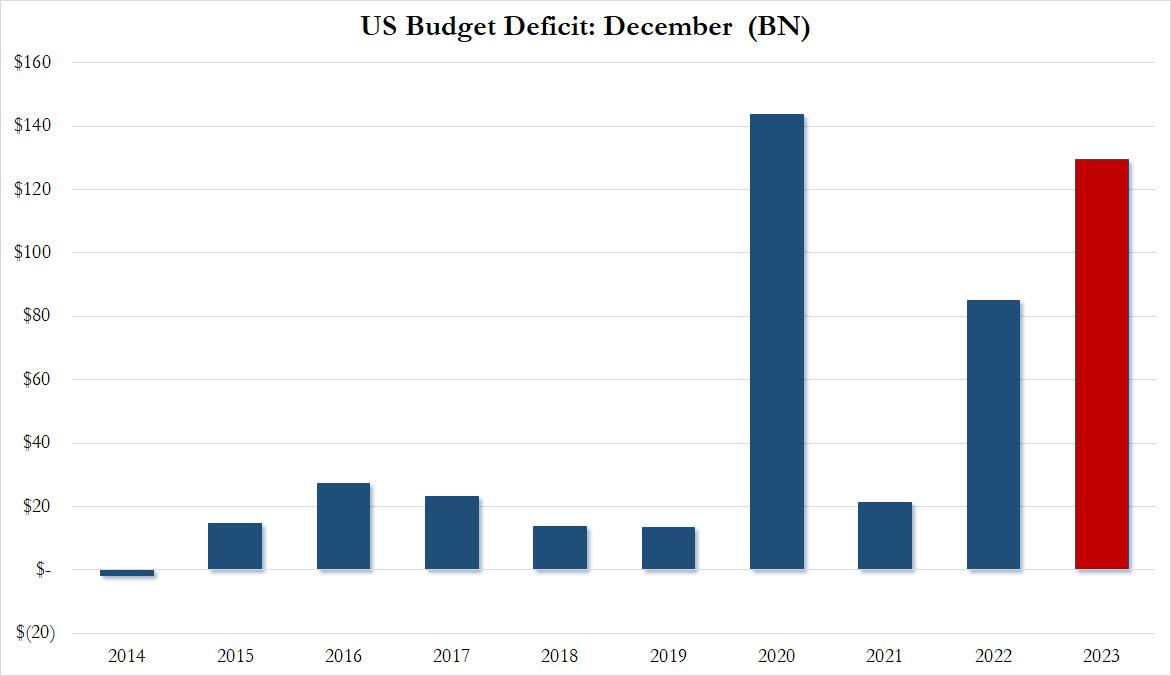

The 2024 budget agreement, hailed by Democrats as a significant triumph, raises questions about the necessity of a Republican majority when budgetary concessions are so easily given.
In an unexpected twist that has left fiscal conservatives reeling, the newly-appointed Speaker Johnson seems poised to concede to a substantial budget agreement, much to the delight of Congressional Democrats. The 2024 budget agreement, hailed by Democrats as a significant triumph, raises questions about the necessity of a Republican majority when budgetary concessions are so easily given.
The agreement, which is set to channel a staggering $1.7 trillion into various governmental departments such as Energy, Housing, and Transportation, has been criticized for its minuscule spending cuts. A mere $16 billion has been trimmed from the vast sum, an amount that is less than one percent of the total and equates to roughly five days of interest on the national debt.

Speaker Johnson, in a statement that was far from reassuring, noted that the final spending levels "will not satisfy everyone." Critics argue that this understatement glosses over the deal's failure to address critical issues such as the burgeoning border crisis. The taxpayer burden of illegal immigration, reportedly $144,000 per migrant per year according to New York City's estimates, remains unaddressed.
Furthermore, Senator Lankford of Oklahoma has proposed an immigration deal that seems to prioritize the interests of GOP donors over American workers by offering work visas to illegal migrants. The budget maintains the military spending at $886 billion, ostensibly for foreign conflicts, and $704 billion in non-defense spending, which skeptics view as a means for further government handouts and power consolidation.
Despite the pushback from conservatives within Congress, the deal is seen as a concession that prioritizes military spending and the interests of big donors over a fiscally responsible agenda. Senator Mike Lee of Utah has pointed out that the budget exceeds initial proposals by $100 billion, marking a negotiating failure that hands President Biden nearly all he desired.
As Speaker Johnson's position appears increasingly precarious, critics speculate on the potential for a shake-up in GOP leadership. However, until a greater number of populists and America-first representatives make their way into office, bipartisan budget agreements are likely to persist, perpetuating the cycle of rising federal spending and debt.
In conclusion, the latest budget agreement has exposed deep rifts within the Republican Party and casts doubt on their ability to effectively negotiate and manage the nation's fiscal policy. As federal expenditures continue to grow, the implications for the economy and the future of fiscal conservatism in Congress remain uncertain.
For continued coverage on this developing story, stay tuned to Peter St. Onge's weekday updates.